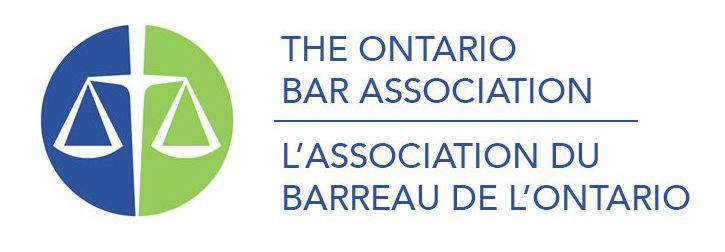Debunking Common Myths about Estate Planning
Estate planning is a crucial aspect of financial management that often falls prey to misconceptions. These myths can mislead individuals, potentially jeopardizing the smooth transfer of assets and the protection of their loved ones. To dispel these misunderstandings, let's explore and debunk 5 common myths about estate planning.

Myth 1: Estate Planning is Only for the Wealthy
One common misconception is that estate planning is only necessary for the wealthy. Estate planning is relevant for individuals of all financial backgrounds. Regardless of the size of your estate, having a comprehensive plan can a) help ensure that your assets are distributed according to your wishes, b) minimizes potential taxes, and c) simplify the probate process for your heirs.
Myth 2: Estate Planning is Only About Having a Will
While a will is a fundamental component of an estate plan, it is not the only necessary document. A well-rounded estate plan should include considerations for financial decision-making and healthcare choices in situations of incapacity. This will involve preparing Powers of Attorney for both Property and Personal Care.
Myth 3: Estate Planning is Only for the Elderly
Another prevalent myth is that estate planning is a concern only for the elderly. Unfortunately, life is unpredictable, and accidents or unforeseen health issues can affect individuals at any age. Estate planning is not just about end-of-life decisions; it also addresses potential scenarios like incapacity, ensuring that someone you trust can manage your affairs if you are unable to do so.
Myth 4: Only Married Individuals Need Estate Plans
Some people mistakenly believe that only married couples need estate plans. Unmarried individuals, whether single, divorced, or widowed, also benefit significantly from estate planning. Without a plan, provincial legislation will dictate the distribution of assets, which may not align with your wishes. Estate planning allows single individuals to specify beneficiaries and allocate their assets in accordance with their wishes.
Myth 5: Once You Have an Estate Plan, You're Done
Estate planning is not a one-and-done process. Life changes, and so should your estate plan. Major life events such as marriage, divorce, the birth of children or grandchildren, and changes in financial status necessitate regular updates to your estate plan. Periodic reviews ensure that your plan remains aligned with your current circumstances and objectives.
In conclusion, understanding and debunking these common myths about estate planning is crucial for individuals seeking to safeguard their assets and provide for their loved ones. A well-informed approach to estate planning ensures that your wishes are respected, regardless of your financial status or stage in life. It is advisable to consult with a qualified estate planning lawyer to create and maintain a comprehensive plan tailored to your unique needs and circumstances.
Disclaimer: This work provides general information and is not intended to provide legal advice. Readers are cautioned to obtain legal advice specific to their circumstances. Sekhon Legal Services accepts no responsibility for any errors or omissions, and expressly disclaims any such responsibility.










